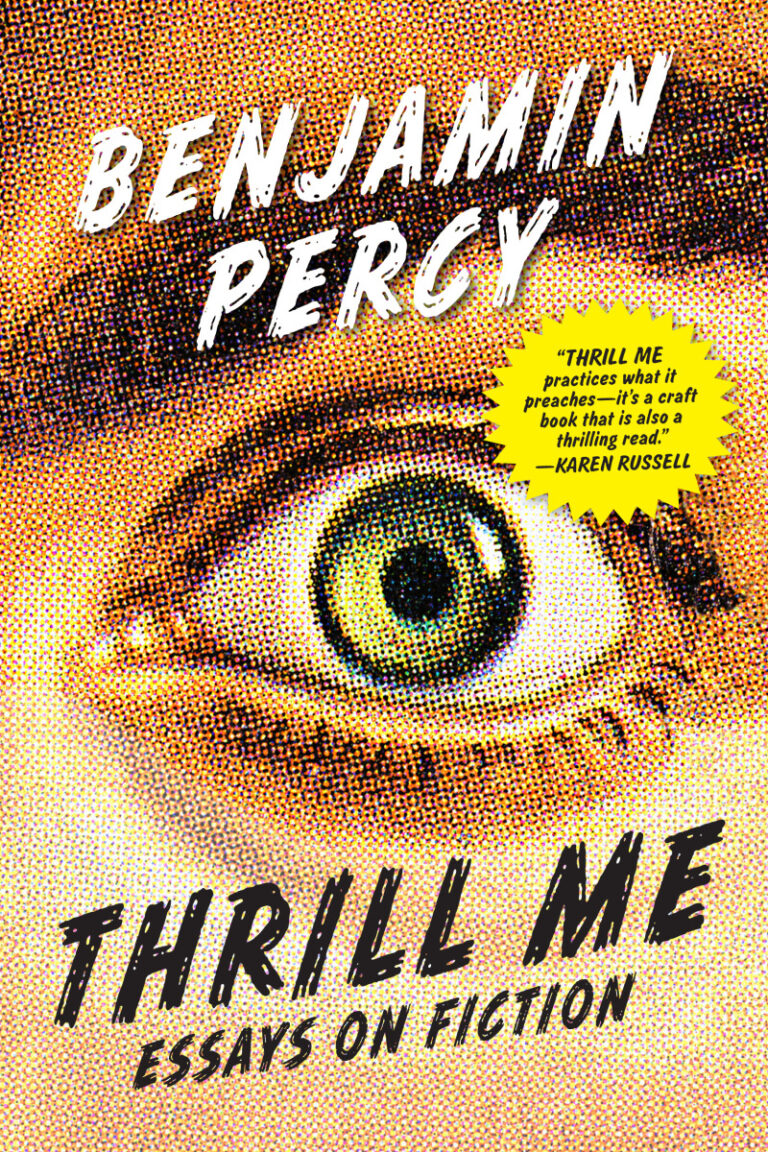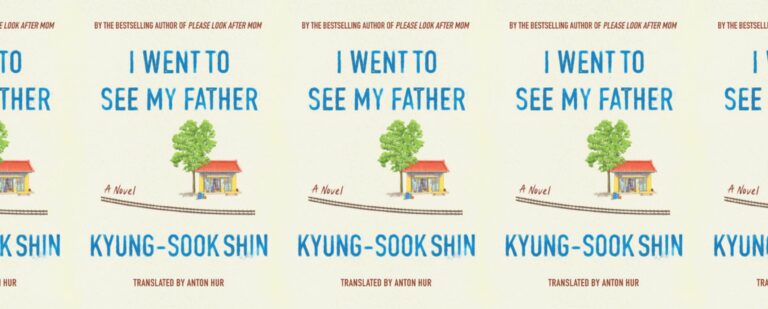Punch Me Up to the Gods’ Letter to the Past, Present, and Future

In Punch Me Up to the Gods, Brian Broome’s beautiful and heartfelt 2021 memoir, Broome watches a young child, Tuan, as they ride a bus together. Broome uses this little boy, whom he has so much in common with, to think about the love in his own life, and the love in the lives of others.
The importance of Tuan in the memoir cannot be overstated—although the book is wide-ranging in subject matter and time, in every chapter we return to the present tense, in which Broome is riding a bus or traveling in some other fashion, and in these moments we see him think about Tuan. Broome feels a deep kinship with the child early on, and he serves as a way for Broome to have a conversation with both himself and with future generations.
We meet Tuan in the book’s first scene—the title of the first chapter is “The Initiation of Tuan”—when Broome meets meet Tuan at the bus stop. Tuan is playing with his toy truck when he falls and hits his head; his father, on the phone next to him, is indifferent. He grabs his son to try to get him to stop crying.
The whole bus is captivated—“Something to do with his tiny shoulders being held in a vise-like grip by the very person he needs tenderness from in this moment. Something about the unaddressed ache.” Broome feels an ache, the ache that comes when one is rejected by someone who is supposed to love you, but who can’t even love themselves. Broome realizes that he is watching “one of the very conditions that have dogged my entire existence: this ‘being a man’ to the exclusion of all other things.” Broome goes on to analyze his father, and the lack of love he feels—from others, from himself—across the book. The interaction between Tuan and his father is a clear reflection of Broome’s experience.
Broome’s father “tried to warn me about the world.” Broome, a Black man, writes: “I remember how he tried to make me listen, telling me that I needed a thicker skin and how he’d rather kill me himself than see white people do it. I was a clay that he molded, not with fingers but with punches.” This shows the folly in the stereotypical masculinity, shows the weakness that hurts as men and boys try to make themselves more masculine by being less human. In trying to make Broome more like “God,” he was actually just making him more like himself—a broken human. The pain makes each generation mold broken human after broken human, everyone trying to survive in our broken world. “Any Black boy who did not signify how manly he was at all times deserved to be punched back up to God to be remade, reshaped.”
Broome, watching Tuan and his father, notices the patterns, the molding, the imprinting that he is still wrestling with himself, years later in adulthood. “I am watching the whole world ready itself to tell him about all the things he cannot be,” he writes. But Broome recognizes there is nothing he can do for Tuan in this moment, recognizes that he’d just be another voice in a world full of voices trying to tell Tuan what he should do with his own body. “I want to help the boy so badly I nearly say it out loud. But instead, I lean back in my seat, place my head against the window, and allow my twelve-year-old self to step up and tell his story.”
Broome writes that his father’s “need to be a ‘man’ cut him off from everything worthwhile in his life” and left Broome himself wrestling with his upbringing, wrestling with the realization that he is yet another human who has cut himself off from everything worthwhile. So in the letter he writes to Tuan at the end of the memoir, he says, “I know it is not my place to tell you that feeling and working through pain and anger is what creates a man. I have no business telling you to be gentler with yourself and with others and to take responsibility for your own shortcomings, not to place them in the hands of others and then stand there waiting for them to repair you…But know this, Tuan: it would be a mistake to wait around for anyone to save you.” Broome doesn’t just want to be another voice in Tuan’s head, but he also doesn’t want to be a quiet bystander, watching as he gets broken in all the ways that Broome was as a child looking for love.
Broome writes Punch Me Up to the Gods for himself, but also for any Black boy who, under the guise of being molded for success, is ultimately broken. Throughout the memoir we see the effect the outside world’s gaze has had on Broome. “I have allowed others to tell me who and what I am supposed to be,” he writes, “and, when I failed to meet their expectations, I blamed myself. This need to be loved by everyone has let me down dark roads…and all I have to show for it are these stories.” But these stories, this memoir—titled after the phrase he uses for the kids who don’t fit that toxic masculine mold—is for himself, is for future generations.
In the letter he writes to Tuan, Broome writes about his experiences traveling, echoing James Baldwin. He writes about being in such a better headspace than he was when he was a child. He writes to Tuan that he can live his life however he wants. “You can choose to live as a citizen of the world wherever you are,” he says. “You are entitled to have all the experiences and feelings that come with being alive. Feel them all deeply. And if you happen to find real love, run to it, and give it back fearlessly to the person who has gifted you with it. Your life belongs to you and no one else.” It is this message that Broome really wishes Tuan, and every other Black boy, every human molded to break—and Broome himself—gets to read. “I hope the universe, God, or whatever you may believe beyond this world conspires to somehow place these words in your hands when you are a grown man and I am not too old to remember having written them,” he writes.
Punch Me Up to the Gods is a letter to so many people, a letter that so many of us need to read and write in our own way, a letter to future generations, a letter to help mend those of us who are broken, a letter to help us prevent breaking those that come after us, so that no one needs to be punched up to see their gods.


